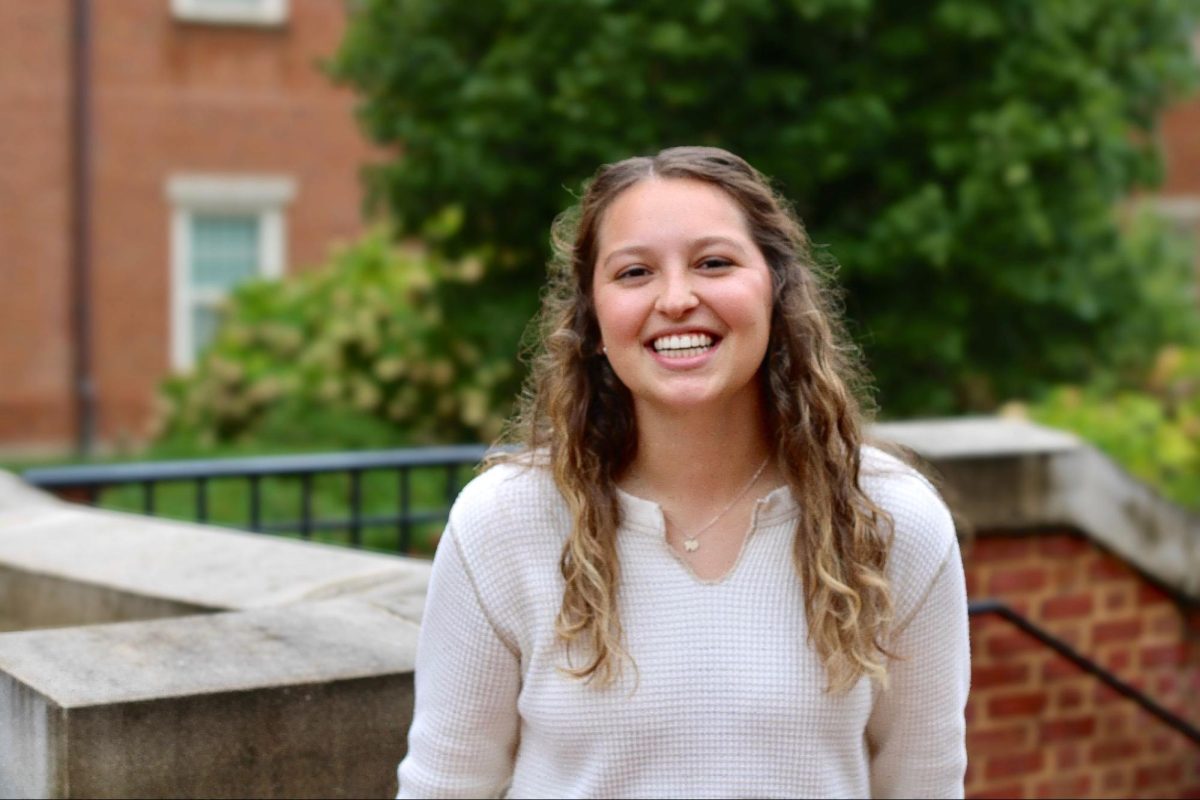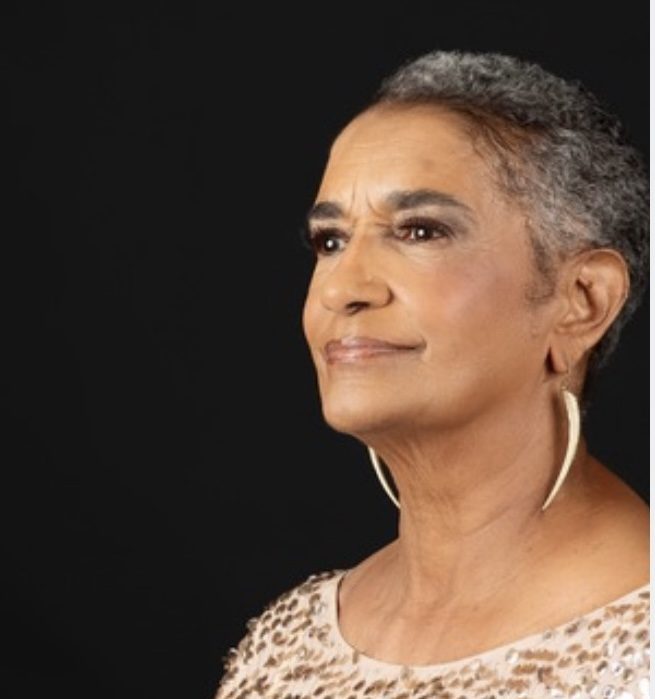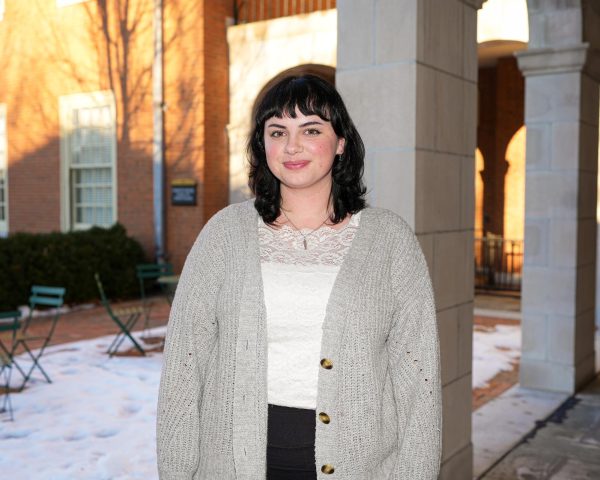
Akshay Gupta recently became the first assistant chaplain for Hindu Life and Religious engagement at Wake Forest University. A North Carolina native, Gupta’s last position was as an academic researcher at the Bhaktivedanta Institute and as a priest and youth minister at the New Goloka Temple in Hillsborough, N.C.
This interview was conducted over email and edited for brevity and clarity.
The Old Gold & Black: Give me a bit about yourself — where are you from, and what are your hobbies and interests?
Akshay Gupta: I have lived in North Carolina for most of my life. I grew up in Asheville and did my undergrad and my master’s degree in the Triangle area. I wouldn’t consider myself particularly religious growing up, but that changed during college.
As far as interests go, I enjoy spending time with my wife, reading, doing music, hiking and playing tennis, though I don’t consider myself too good at the latter three. I’m not much of a TV or movie person, but I recently started watching The Chosen. It’s a series about Jesus and his followers. Though I’m not a Christian myself, I enjoy watching and think it’s well done.
I also have a daily practice of chanting the names of God, which is a big part of my faith, so that’s a big part of who I am, as well.
You are the first assistant chaplain for Hindu life and religious engagement: how do you envision this position? What are your goals? How do you plan to further the Hindu community on campus?
I see it as my role to oversee and guide Hindu life here on campus. A big part of my role is offering support to students and facilitating their growth here at Wake Forest.
My goal is to provide opportunities for Hindu students to explore Hindu life more deeply by holding various events throughout the year, giving various talks and meeting with students one-on-one to talk to them about Hinduism. I’m also one of the advisors for the Hindu Students Association (HSA) and am available to help them out in any way that I can.
I aim to further the Hindu community on campus by having regular lunches with students as well as gatherings where students can discuss different issues related to Hinduism and have an opportunity to participate in various Hindu practices. I also intend to help the HSA plan its events, which have created a sense of community among Hindu students for many years.
In your website bio, you talk about the importance of interfaith dialogue. How are you planning on cultivating this at Wake Forest?
I’m in the process of planning an interfaith initiative and hope to have a series of regular events.
The goal of the events is to get people together to discuss issues of relevance. I am hoping that these events can be valuable for students who are exploring their spirituality and want to hear different faith perspectives. I also hope these events could be a good way for the students and speakers to learn more about other religious traditions apart from their own.
I’m also aiming to partner with other offices here at Wake Forest, like the Women’s Center, LGBTQ+ Center, Office of Wellbeing, Program for Leadership and Character and others.
Tell me about your spiritual journey — how did you come to be a leader and caretaker in your faith? I know you trained with the Karuna Care Association; if you would like to share how that impacted you, I would love to know!
I was raised Hindu but didn’t really get into my faith until college. After my first year of college, my perspective changed a lot, and I became a lot more inquisitive about questions like: What is the goal of life? Is there a God? Is there more to life than just making money? Then, during the summer after my first year of college, I started reading the Bhagavad Gīta, which is like the Hindu bible.
It really spoke to me, and I got deeper and deeper into Hinduism. Specifically, I got interested in Vaiṣṇavism, which is one of the traditions under the larger banner of Hinduism. I got a lot more serious about my faith in the beginning of 2015, which was the start of the second semester of my second year. My experience practicing Vaiṣṇavism was so powerful for me that I chose to get ordained within my tradition within a couple years of practicing.
I also eventually decided to pursue a Ph.D. in Religious Studies. During my Ph.D., my wife got into chaplaincy, and I noticed how much of an impact it had on her. After writing my dissertation, I also started to get chaplaincy training with the Karuna Care Association, and I found that to be a transformative experience in many ways. It helped me to develop more empathy and compassion for others, and it also gave me a new perspective on how to practice my faith.
Also in your bio, you mention the head and the heart approach. Can you tell me more about that? How did your studies lead you to this approach?
The head approach is a heavily intellectual approach to spirituality. I think that it is important to have a firm intellectual basis for one’s faith. This does not necessarily mean that one has to have an advanced degree in religious studies or theology, but it does involve being knowledgeable about the doctrines and tenets of one’s faith or having good intellectual reasons.
I also think that the head approach involves being introspective and reflective about one’s faith. The heart approach, as the name indicates, is an approach that is mainly rooted in the heart and has a more emotional side to it. Part of this is having compassion for others — not just an intellectual understanding that someone is suffering, but a felt concern for others.
In my studies, I found that I was heavily in the head approach, which makes sense given how much reading and thinking this involves. I decided to get some [chaplaincy] training as well after I finished writing my dissertation. I initially started by taking a few brief courses. I felt right away that this was something important for me and decided to continue my chaplaincy education further. It also helped me strike a balance between the head approach and the heart approach.
Beyond only Hindu students, how do you plan to support all students at Wake Forest?
As mentioned earlier, I plan to start an interfaith initiative that I hope will serve students from a wide variety of faith perspectives here at Wake Forest. Aside from that, I hope to raise awareness of Hinduism by giving various public talks at different times throughout the year. My doors are also open to any students who are not Hindu, so if a student ever needs someone to talk to, I’m happy to offer a listening ear.










